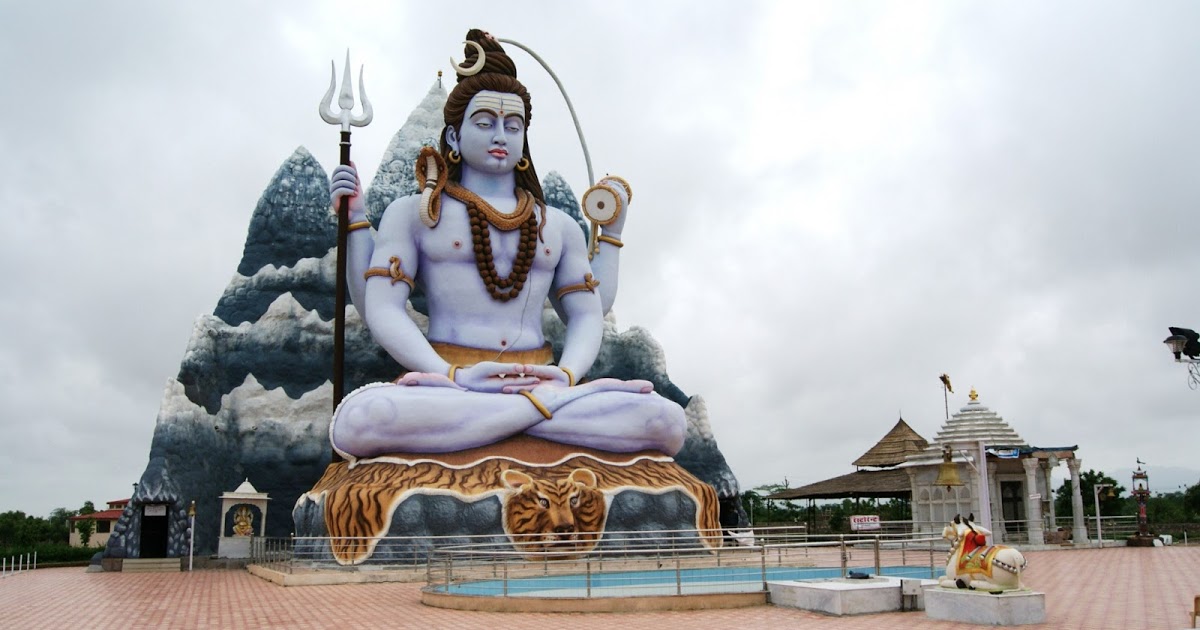
7 UNESCO World Heritage Sites in India- Ngtraveller
Here are some of the famous UNESCO World Heritage Sites in India:
Taj Mahal, Agra
One of the Seven Wonders of the World, Mughal architecture in white marble, the Taj Mahal was built by Emperor Shah Jahan in memory of his wife Mumtaz Mahal. It is located on the banks of the Yamuna River in Agra. It was completed in 1653 at an estimated cost of Rs 32 million which today would amount to Rs 58 billion. It is considered the best example of Mughal architecture in the whole world and is called "The Jewel of Islamic Art in India". This is perhaps the most famous monument in the world for its association with Indian heritage sites.
Khajuraho Madhya Pradesh
Located in Madhya Pradesh, Khajuraho is a famous UNESCO World Heritage site in India. Khajuraho is a unique heritage site famous for its group of Hindu and Jain temples located 175 km southeast of Jhansi. They are known for their Nagara-style symbolism and erotic figures and statues. These sensual stone carvings of human and animal form are depicted in aesthetically pleasing poses and are testament to India's rich cultural heritage.
Also Read: Best Cities to Visit in India. incredible journey of history and culture- Ngtraveller
Most of these monuments were built between 950 and 1050 AD. during the Chandela dynasty. It consists of a total of 85 temples spread over an area of 20 square kilometers. The Kandari Temple is the most prominent among all these temples in the Khajuraho complex.
Hampi Karnataka
Hampi is a UNESCO world heritage site and is located in the northern part of Karnataka. It is located within the ruins of the ancient and prosperous Kingdom of Vijayanagar. The Hampi Ruins are a group of heritage sites that represent the fine style of Dravidian art and architecture. The most important heritage monument at this site is the Virupaksha Temple, which remains an important religious center for Hindus.
Also Read: Beautiful Churches in Goa To Visit- Ngtraveller
There are many other monuments that are part of this heritage site; Together, they are known as the "Hampi Monument Group". Some of the other known temples include the Krishna temple complex, Narasimha, Janessa, the Himakota group of temples, the Ashiutraya temple complex, the Vitala temple complex, the Patapirama temple complex, the Lotus Mahal complex, and various bazaars or bazaars. surrounding the temple complex, as well as homes and residential areas.
Ajanta Caves Maharashtra
One of the earliest World Heritage sites in India, the Ajanta Caves date back to around the 2nd century BC. Until 650 d. C. and consists of the most beautiful masterpieces of 31 monuments, paintings and sculptures of Buddhist caves carved into the rock. The caves were built in two different phases. The first is from the Satavahana period under the auspices of the Satvahana dynasty (230 BC - 220 AD). Second, the caves from the Vakataka period during the reign of Emperor Harishina of the Vakataka dynasty. The Ajanta style of art and architecture has had a revolutionary impact on the way Indian art and architecture have progressed throughout history. By having carvings and carvings related to the life of Buddha, it can be said that this marks the beginning of Indian classical art.
Red Fort Complex, Delhi
Located in the historical center of New Delhi, the Red Fort was built by Emperor Shah Jahan when he moved his capital from Agra to Delhi, or what was known as Shah Jahanabad at the time. The fort became the political center of the Mughals. Under Shah Jahan, Mughal art and architecture reached its zenith, and the Red Fort is a good example of this.
Also Read: 5 Best Beaches in Goa for Couples to Enjoy Vibrant Nightlife Scenes- Ngtraveller
The combination of Indo-Islamic, Timurid, Hindu and Persian architectural forms can be seen in many aspects of the Red Fort. It is made of red sandstone and houses several other smaller buildings such as the private pavilions, Diwan-i-aam and Diwan-i-Khas. The Red Fort is one of the most famous UNESCO World Heritage sites in India and is directly managed by the Archaeological Survey of India.
Kaziranga Wild Life Sanctuary, Assam
Famous for its rhinos, the Kaziranga Wildlife Sanctuary is located in the state of Assam, which is one of the unspoiled natural areas of India. This World Heritage site in India is said to have been a project started by Lord Curzon when his wife was unable to see rhinos in the area and urged her husband to take steps to protect this endangered species. This park is located on the floodplains of the Brahmaputra river and consists mainly of dense grass and forests and also has many streams and lakes running through it. Kaziranga contains around 15 endangered Indian animal species, of which the rhino is the most threatened species. Other mammals include covered langur, gibbon, leopard, leopard, sloth bear, Ganges dolphin, otter, wild boar, water buffalo, gaur, sambar, swamp deer, wild boar, and Indian montjac.
Mountain Railways of India
The mountain railways in India consist of the Darjeeling Himalayan Railway, the Mount Nilgiri Railway and the Kalka Shimla Railway, which are part of the World Heritage Sites of India. North Bengal is one of the most beautiful scenic temptations in the world. Fun toy train, beautiful tea plantations and long tunnels or tiger hills, all will satisfy your happiness. Built during the 19th and early 20th centuries, these engineering marvels were a bold and imaginative solution to the problem of connectivity in rugged mountains and a jewel of Indian heritage. In addition to its passage through the most beautiful terrain, you would love to take a romantic and fun walk here.
Also Read: Rakhi Gift Ideas for Sisters on Rakshabandhan- Ngtraveller














